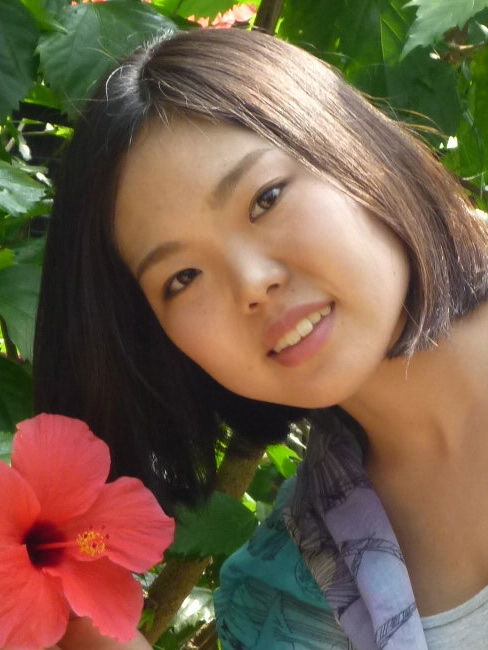Celebration of Scholars
A discourse analysis of Japanese invitational strategies and expressions: the difference between Japanese native and non-native speakers
 Name:
Risa Wada
Name:
Risa Wada
Major: Education
Hometown: Hyogo, Japan
Faculty Sponsor: Yan Wang
Other Sponsors:
Type of research: Master's thesis
Abstract
Japanese invitation has drawn many
linguists’ attention for its unique social-cultural features and strategies
such as kikubari “careful
consideration, thoughtfulness” (Polly 1993). Yet, very few of them have
examined the invitational expressions from a linguistic perspective. The purpose
of this study is to investigate the differences of invitational strategies and
expressions between Japanese native and non-native speakers, and further to
explore its implication to teaching.
Taking an approach of discourse analysis, I collected conversational data by conducting a role-play of invitation. Through analyzing the invitational expressions in the conversational sequences, I found that while native speakers dynamically choose multiple invitational expressions in response to the invitee’s reactions and linguistic/non-linguistic hints, non-native speakers often ignore or misjudge the invitees’ suggestion and use limited expressions that may potentially threaten the invitee’s “face” (Brown and Levinson, 1987). Moreover, while non-native speakers tend to use affirmative forms to respond to the invitee’s questions, native speakers often add doodesuka “How about...” or hedge words when providing a personal opinion. In sum, I claim that while native-speaker’s invitation appears to be “addressee-oriented,” non-native speaker’s invitation is more “speaker-oriented” or “self-focused.”
My
study suggests that Japanese instructors should introduce the concept of
“addressee-oriented” to students in order to avoid pragmatically inappropriate
invitations. Also, this study calls for situational practices, which integrate the
functions of each invitational expression into one invitational sequence.
Submit date: March 17, 2014, 12:13 a.m.
